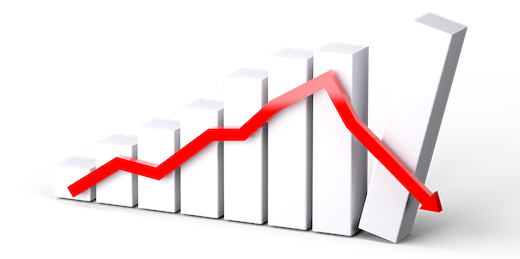Dr. Nasser Saidi’s comments on the Saudi oil field attacks in mid-Sep and its impact on the oil market is part of the article “The Lede Explains: The New Oil Crisis” published by The Lede on 17th September 2019.
The full article can be accessed at: https://www.thelede.in/politicking/2019/09/17/the-lede-explains-the-new-oil-crisis
Comments are posted below:
Dr Nasser Saidi, economist and former Lebanese Minister of Economy and Industry, told The Lede that the attack on Saudi Aramco facilities has raised uncertainty about Saudi oil production as well as reserves (oil fields) that may be subject to other attacks leading to supply disruption.
“The attacks also cast a shadow over the much-discussed Aramco IPO, which may be further delayed, while the value of the reserves and therefore the valuation of the company would be reduced,” Saidi added.
“More problematic and a much higher source of risk and determining factor on the future course of oil prices is whether the attacks could become a casus bello for military confrontation and war with Iran. In turn, this could lead to a wider confrontation in the Gulf region affecting oil supplies and the economies of the region.
Such a scenario would be more likely to lead to higher prices reaching $100 or above and would be disruptive to financial markets and accelerate the global growth slowdown we have witnessed in 2019,” Saidi adds.
========================
What Does High Oil Price Mean To India?
According to Saidi, India is the third-largest oil importer globally; after being unable to buy oil from Iran (after US sanctions were reimposed), oil imports from Iraq, Saudi Arabia and US filled the void and depending on how long prices will remain high, this could be a major macroeconomic shock for India, leading to lower growth and unemployment.
“With the drone attacks and potential for military confrontation, oil supply uncertainty has now been ratcheted up. Importers like India and China will now want to have higher levels of inventories, leading to higher demand and prices,” he adds.
========================
Meanwhile, on being asked as to how long the higher prices will continue, Saidi said that markets will initially panic and this is visible in the almost 20% jump in prices initially and although this may be a temporary spike (markets have already calmed down) – much depends on the supply interruption and its duration.
“Lack of clarity from Saudi Arabia is a problem: we do not know the extent of damage to judge whether it is a short term supply interruption that can be compensated from oil in storage (from petroleum reserves in Saudi, the US and elsewhere) or made by up other countries (including US shale production) with spare production capacity, or more extensive damage requiring several weeks of work.
Some reports claim that the almost 1/3rd of the damage will be repaired by today. If damage is limited then oil prices will subside down to around $70,” he added.






